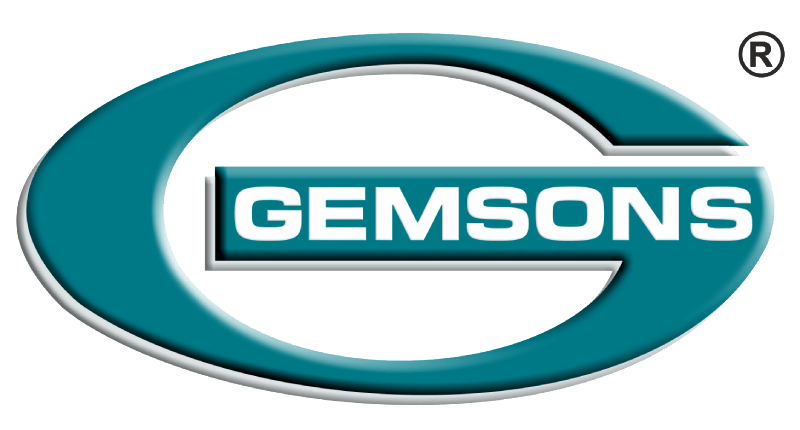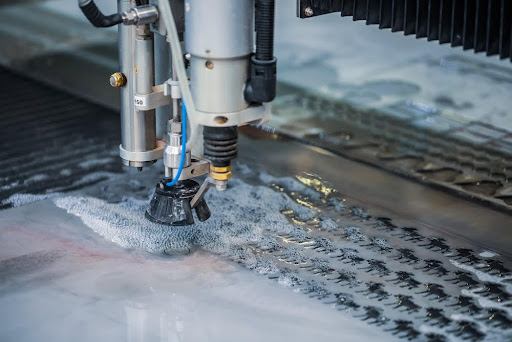In precision manufacturing, microns count. As CNC machining provides intricate components with tight tolerances, maintaining cleanliness and surface integrity is just as important. This is where ultrasonic cleaning comes into the picture. It goes a long way beyond conventional cleaning methods to ensure that machined parts are spotlessly cleaned, rid of debris, and ready for final assembly or surface treatments.
Let us discuss how ultra sonic cleaning increases the quality of CNC machined parts and why it is a crucial process for manufacturers seeking high performance and reliability.
The Role of Cleaning in CNC Machining
During CNC machining, parts tend to harbor microscopic particles, metal shavings, oils, coolants, and residues that can influence their performance or clash with downstream operations such as coating, welding, or assembly. Conventional cleaning processes, such as wiping by hand or spraying, can leave behind impurities, particularly in intricate geometries, tight spots, or blind holes.
This is where ultra sonic cleaning proves its superiority by delivering a deep, consistent clean that conventional methods can’t match.
What is Ultrasonic Cleaning?
Ultrasonic cleaning is a high-frequency sound wave process (usually in the range of 20 to 40 kHz) propagated through a liquid, in most cases a water-based or solvent-based solution. These sound waves form microscopic cavitation bubbles that collapse on hitting part surfaces, removing and dislodging contaminants even from inaccessible internal surfaces and narrow channels.
Since the process is non-invasive and non-abrasive, it is perfect for precision-machined parts that have high surface integrity requirements.
Advantages of Ultrasonic Cleaning of CNC Machined Parts
1. Extensive Cleaning of Complex Geometry
Contemporary CNC parts entail complex geometries with deep cavities that can be cleaned manually. Ultra sonic cleaning makes sure that all surfaces, crevices, and boreholes are cleaned with consistent intensity.
2. Improves Surface Finish Quality
Contaminants on the surface can weaken coatings, plating, or bonding. By eliminating even minute amounts of residue, ultrasonic cleaning ensures a spotless surface, which strengthens coating adhesion and overall appearance.
3. Enables High Precision Needs
In aerospace, medical, and electronic fields, even minute residues impact part performance. Ultrasonic cleaning provides residue-free surfaces, enabling crucial applications in which reliability and precision are not an option.
4. Minimizes Rework and Inspection Failures
Clean parts are simpler to examine and less likely to fail quality inspection. This minimizes the possibility of rework or scrap, conserving time and expense in the long term.
5. Environmentally Friendly and Cost-Effective
Modern ultrasonic cleaning systems operate with water-based cleaners that are biodegradable and environment-friendly. Furthermore, it is an automated, repeatable, and much quicker method compared to manual or spray cleaning.
Applications Where Ultrasonic Cleaning Adds Value
Ultra sonic cleaning is especially useful in high-performance industries such as:
- Aerospace: Turbine blades, engine components, and fuel system components requiring zero contamination.
- Medical Devices: Provides hygienic, sterile, residue-free surfaces on implants and surgical instruments.
- Automotive: Efficient cleaning of engine blocks, injector nozzles, and transmission components.
- Electronics: Solder flux, dust, and oils removal from circuit boards and enclosures.
- Tool and Die Industry: Sanitizes molds, dies, and precision jigs for repeated use and upkeep.
Choosing the Appropriate Ultrasonic Cleaning System
In applying ultrasonic cleaning, making the proper choice of setup is paramount. This involves choosing the proper frequency, cleaning solution, and cycle time according to the material, geometry, and type of debris.
For instance, softer metal or parts with fragile details might need lower frequencies and less rigorous cleaning cycles, whereas dirty parts might be in a better position to utilize dual-frequency or multi-tank systems for pre-rinsing, ultrasonic washing, and final rinsing phases.
Conclusion
In the CNC precision machining industry, cleanliness is synonymous with quality. Ultrasonic cleaning is now an essential process in today’s manufacturing environment, providing unparalleled consistency, efficiency, and depth of cleaning on intricate machined parts.
For companies that want to ensure the highest possible standards in part performance and reliability, having a manufacturer that incorporates ultra sonic cleaning in their processes is essential. Gemsons Precision Engineering Private Limited is a prominent CNC machining specialist in India, providing end-to-end machining services supported by state-of-the-art ultrasonic cleaning technology.


